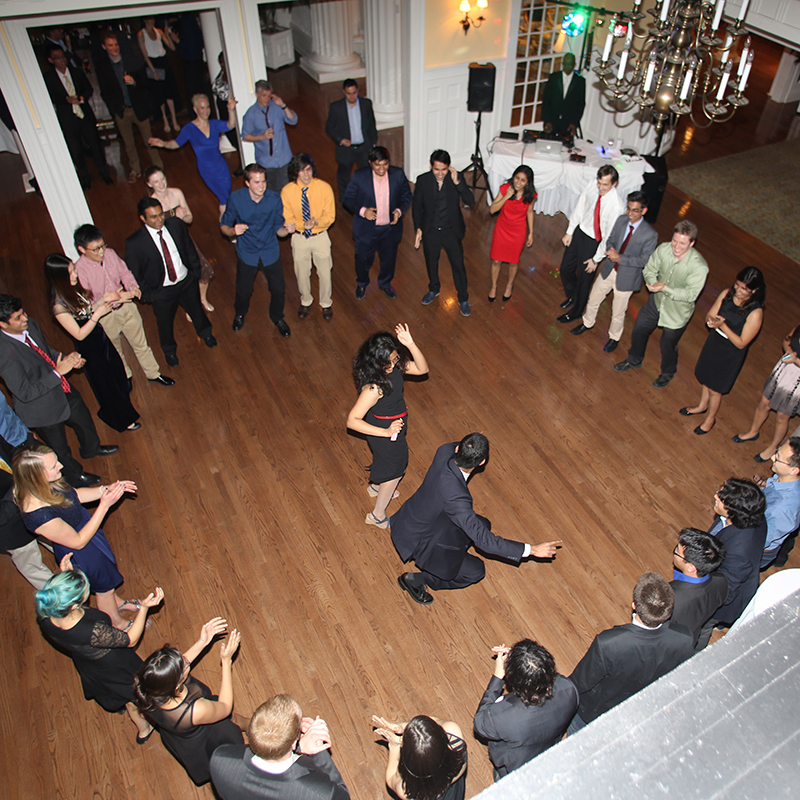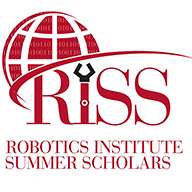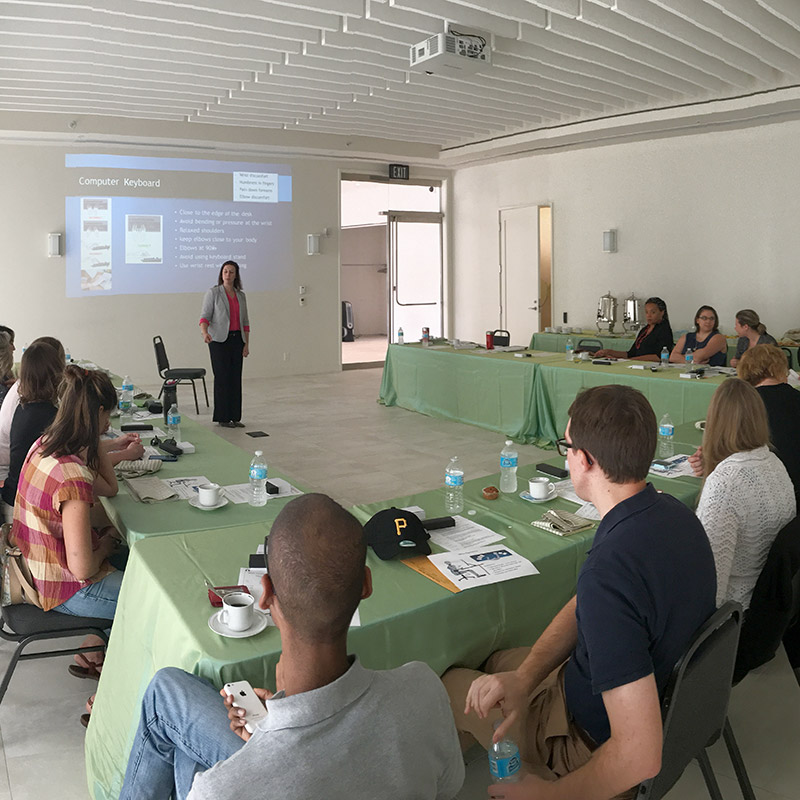Measuring and Modeling Kinesic Signals in Social Communication
Abstract: Humans use subtle and elaborate body signals to convey their thoughts, emotions, and intentions. "Kinesics" is a term that refers to the study of such body movements used in social communication, including facial expressions and hand gestures. Understanding kinesic signals is fundamental to understanding human communication; it is among the key technical barriers to [...]
SLAM and 3D Reconstruction using Imaging Sonar
Abstract Underwater localization and mapping are unusually difficult problems in robotics due to the poor propagation of light through water, which prohibits receiving GPS signals underwater and using cameras to see more than a few meters in turbid water. Due to this, acoustic imaging sonars have been widely used on underwater vehicles as the primary [...]
2017 Robotics Institute Semi-formal
Please save the date! Pre-registration is required. Invitations will be sent out in April 2017. Robotics Institute members and a guest are invited to join us for our annual semi-formal. The evening will offer a reception including hot hors d'oeuvres, stations for carving, pasta, fruit, cheese, and dessert as well as hosted non-alcoholic beverages. Cash [...]
Probabilistic Approaches for Pose Estimation
Abstract: Pose estimation is central to several robotics applications such as registration, manipulation, SLAM, etc. In this thesis, we develop probabilistic approaches for fast and accurate pose estimation. A fundamental contribution of this thesis is formulating pose estimation in a parameter space in which the problem is truly linear and thus globally optimal solutions can [...]
Ada J. Zhang: Personalized Human Motion Classification
Abstract: Algorithms for human motion understanding have a wide variety of applications, including health monitoring, performance assessment, and user interfaces. However, differences between individual styles make it difficult to achieve robust performance, particularly for individuals who were not in the training population. We believe that adapting algorithms to individual behaviors is essential for effective human [...]
Robotics Institute Summer Scholars Program (RISS) Orientation
By Invitation Only - Welcome RI Summer Scholars! 11 weeks of immersive research, learning, and exchange!
Robotics Institute Summer Scholars Program (RISS) Lunch Workshop
By Invitation Only - Weekly lunch workshop for all RISS students.
Robotics Institute Administrative Support Staff Monthly Lunch Meeting
By Invitation Only - All Robotics Institute administrative support staff are invited to join us for our monthly lunch meeting.
Robotics Institute Summer Scholars Program (RISS) Lunch Workshop
By Invitation Only - Weekly lunch workshop for all RISS students.






